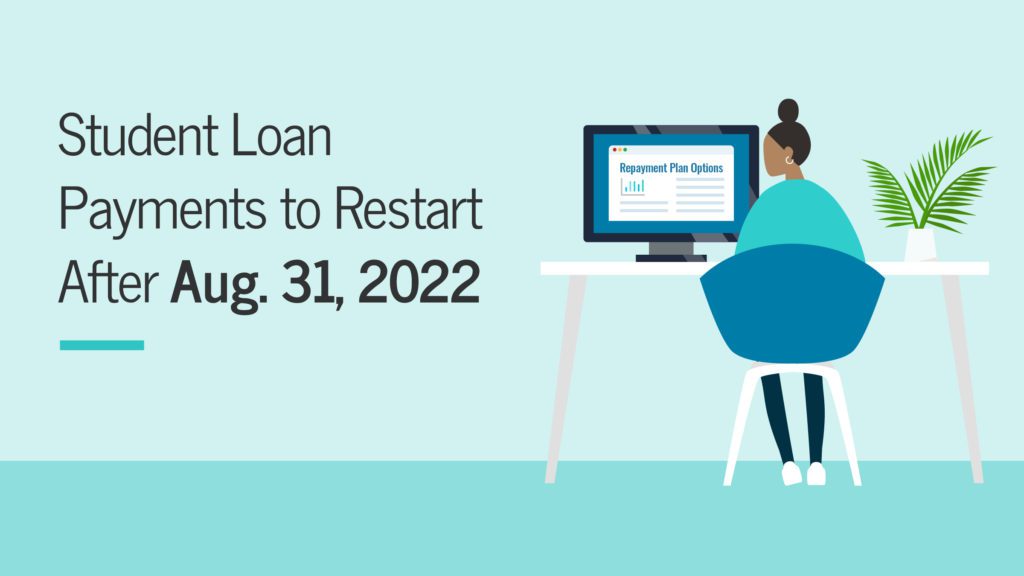Since the pandemic began more than two years ago, the US Department of Education has again extended the payment halt on federal student loans. Student loan pause has been extended a total of six times now since the beginning of Covid.
Student loan borrowers have been advised that they will not have to pay their bills again until September. So, here’s what borrowers should be aware of.
STUDENT LOAN FORGIVENESS COULD STILL HAPPEN
Despite the fact that the economy has improved since the freeze on federal student loan bills was announced in March 2020, President Joe Biden has stated that it is still too early to urge borrowers to resume their student loan payments.
THE PAUSE COULD BE EXTENDED AGAIN
Experts say borrowers are unlikely to take the new announcement of bills beginning in September seriously because the payment pause has been extended so many times.
And this time, the payments are set to resume only a few months before the midterm elections, which many experts believe would generate negative headlines for Democrats and result in decreased voter turnout.
MOST LOANS WON’T COLLECT INTEREST
Interest on federal student loans in the Direct program will continue to be waived. According to the Federal Reserve, borrowers have saved roughly $200 billion during the student loan payment pause.
Holders of Federal Family Education Loans and private student loans, on the other hand, are not covered by the Direct program, which means their debt will still continue to accrue interest.
IT DOESN’T MAKE SENSE FOR SOME TO KEEP PAYING
Borrowers who can afford it may choose to use the temporary interest-free period to pay down their student debt principal. But beware that THERE ARE EXCEPTIONS TO THIS.
It’s not a great idea to continue making your student loan payments during this student loan pause period if you’re currently pursuing public service loan forgiveness or if you’re on an income-driven repayment plan. That’s because the months of the payment pause still count toward the eventual debt forgiveness these programs lead to — whether or not you’re paying — and any money you put toward your loans during this payment pause only diminishes the amount of forgiveness you’ll be eligible for later.
IN THE MEANTIME …
The Covid-19 pandemic has taught us the importance of having a robust savings account to fall back on. They recommend that people save for at least six months’ worth of expenses.
With most federal student loan interest rates at zero, now is a fantastic time for student loan borrowers to start focusing on their more expensive debt. Credit card interest rates are currently over 16% on average.
Make sure you have enough in your emergency savings account before you tackle credit card debt. That’s because your credit limit isn’t by itself a safety net.
Recall that over the last year, many people’s credit card limits were suddenly reduced as lenders became increasingly concerned about risk.


